Information and Communication Technologies (ITCs)
The potential and capabilities of modern ICT systems are still growing exponentially fuelled by the progress in electronics, microsystems, networking, the ability to master increasingly complex cyber-physical systems and robots, and progress in data processing and human machine interfaces.
These developments provide major opportunities for Europe to develop the next generation of open platforms on top of which a multiplicity of innovative devices, systems and applications can be implemented.
·
Phase only devices that can control electromagnetics sources from
GHz to Visible light. That allow from antennas in 5G and 6G communication
systems, manipulation of THz and communication/control of NIR and Visible light.
·
Orbital Angular Momentum control allow new codification
system, imaging acquisition, and light manipulation.
·
Spintronic explore the spin of electrons to produce
devices such as magnetic field sensors, RF nanodevices, and non-volatile
memories.
·
PICs: An integrated circuit is chip containing electronic
components that form a functional circuit, such as those embedded inside your
smart phone, computer, and other electronic devices. A PIC is a chip that
contains photonic components, which are components that work with light (photons).
In an electronic chip, electron flux passes through electrical components such
as resistors, inductors, transistors, and capacitors; n a photonic chip,
photons pass through optical components such as waveguides (equivalent to a
resistor or electrical wire), lasers (equivalent to transistors), polarizers,
and phase shifters. CEMDATIC develop organic PICs and design and characterize
inorganic PICs.
·
High-brightness, high-speed semiconductor lasers: theoretical and
experimental study and development of various types of lasers for the
generation of short and powerful optical pulses - funnel-shaped and two-section
lasers, vertical cavity lasers (VCSELs) in MOPA (Master Oscillator Power
Amplifier) structure, ring lasers and lasers based on quantum dots.
·
High frequency FBARs for 5G filters applications: new piezoelectric
materials are studied, including AlScN or Lithium Niobate (LiNbO3), owing to
their reduced losses and higher performance at frequencies as high as 6 GHz.
FBARs are being currently used as RF filters in mobile telecom applications and
are among the best candidates for the frequency bands demanded by the new 5G
era.
·


